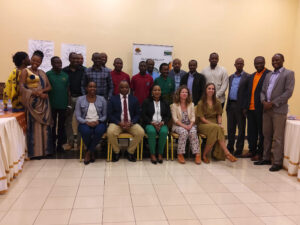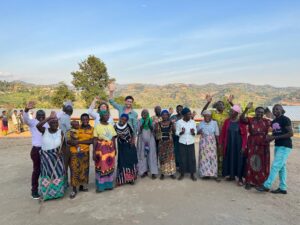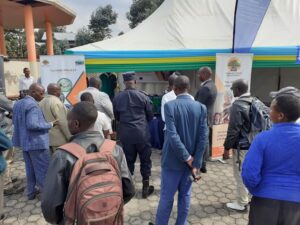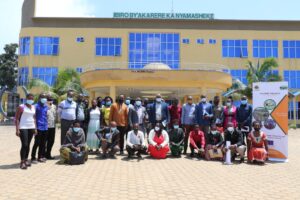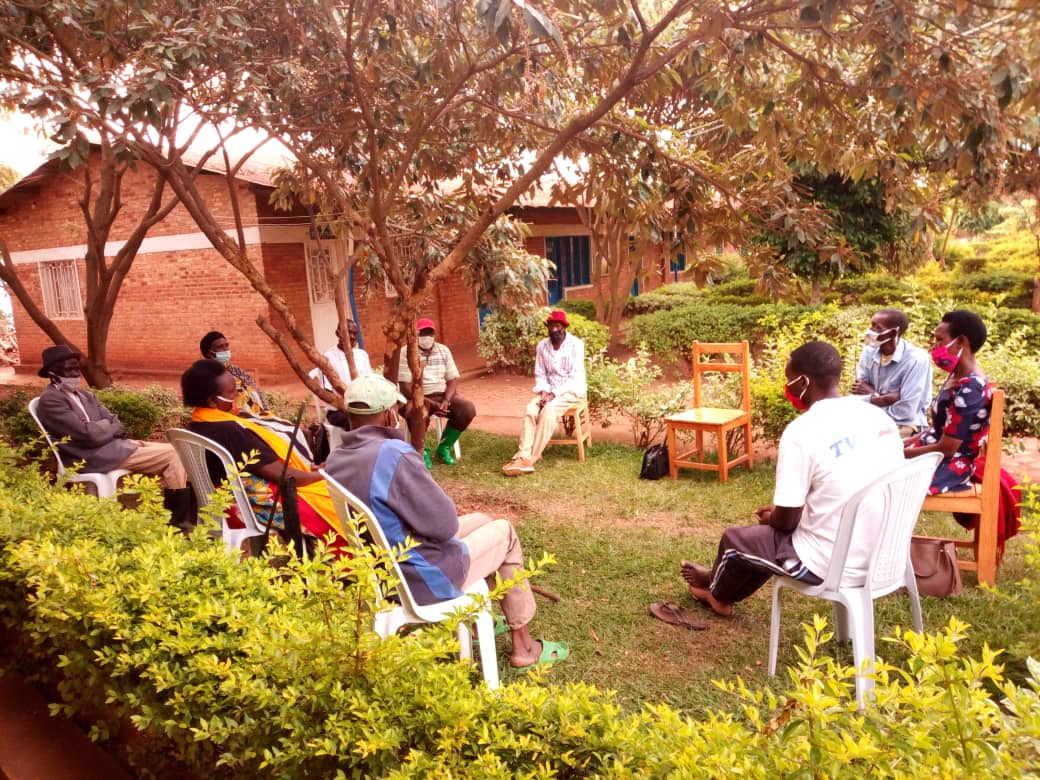
By Felibien Hirwa Tuzayisenga.
The World Health Organization (WHO) has been advocating for multiple prevention measures to contain COVID-19 but the virus continued to spread across the world. In spite of many countries’ and peoples’ efforts in controlling the pandemic, the number of confirmed cases rises day after day.
At macro and micro level, this pandemic has negatively impacted the life of many people in our communities. Many community members lost their jobs, people started to live in social isolation, and levels of anxiety and fear about what is going to happen increased. All this led to an affected mental and psychosocial wellbeing among large sections of the population. While governments and (multilateral) economic institutions established mechanisms to mitigate the economic consequences that nations will experience due to this pandemic, the ways in which also the social lives and the mental health of people has been dramatically impacted, becomes more and more visible. For organizations implementing psychosocial approaches at the community level, we may ask ourselves how community members are currently dealing with these psychosocial effects of the pandemic.
Community-based sociotherapy, in Rwanda known as Mvura nkuvure, is an approach that uses the group as a therapeutic medium in the establishment of trust, the creation of an open environment for discussion and the formation of peer-support structures. Mvura nkuvure groups facilitate community members to identify, acknowledge, share, and manage together their everyday psychosocial problems related to experiences of violence and daily distress.
During Mvura nkuvure sessions, safe spaces serve as avenues for participants to support each other in a convivial atmosphere and gradual process of discharging their resentments or mental distresses in a compassionate form. This compassionate form is when the participant expresses his emotions with hope to be heard by fellow participants unconditionally. Physical closeness and reading facial features or nonverbal communication play a key role in this process. This is how they were used to conduct Mvura nkuvure sessions.
After the lockdown in Rwanda ended, the sociotherapy groups were allowed to resume their weekly sessions. In this period of CVOD-19 the sociotherapists need to take into account two factors 1) complying with prevention measures to contain the virus and, 2) maintaining the safe and compassionate atmosphere that allows group members to feel hopeful. Angelique Umurerwa is one of the sociotherapist in Gasabo district. Prior to lockdown her group was at the 5th week, entering into what is called ‘the phase of trust’. She revealed that Mvura Nkuvure sessions before and during COVID19 are quite different. “We were pleased to see group members are allowed to meet again and we try our best to comply with COVID19 prevention measures. We have face-masks and hand sanitizer, however, the most challenging for us is to establish the same atmosphere of closeness in the group as before the lockdown,” Umurerwa said.
Some sociotherapists in Gasabo district acknowledged that finding alternative venues which had enough space to ensure physical distance between the participants was not easy. However, they are happy that they can continue to facilitate the sessions, as they observed the need for psychosocial support increasing in their communities. They reveal that having the shared goal to fight the pandemic, but still being able to contribute to the wellbeing of their fellow community members, encouraged them to think about new strategies to facilitate the groups and create an atmosphere of togetherness. It actually stimulated the creativity among the sociotherapists.

